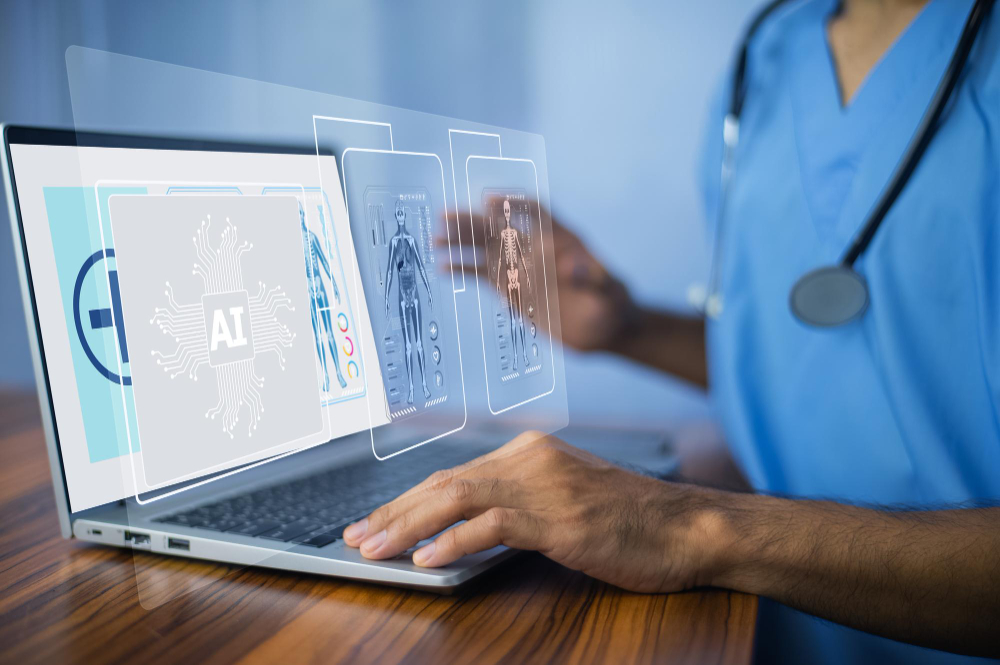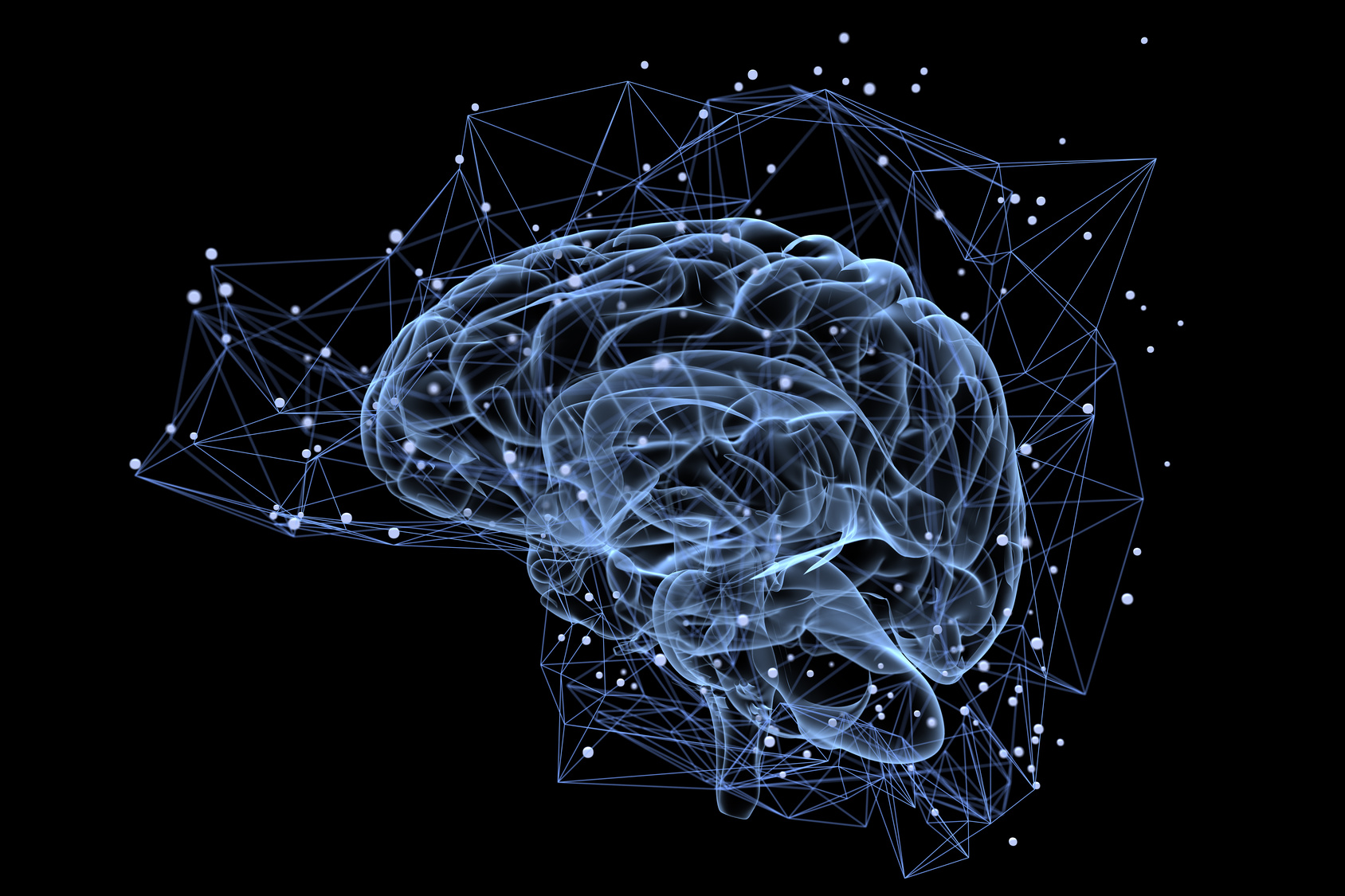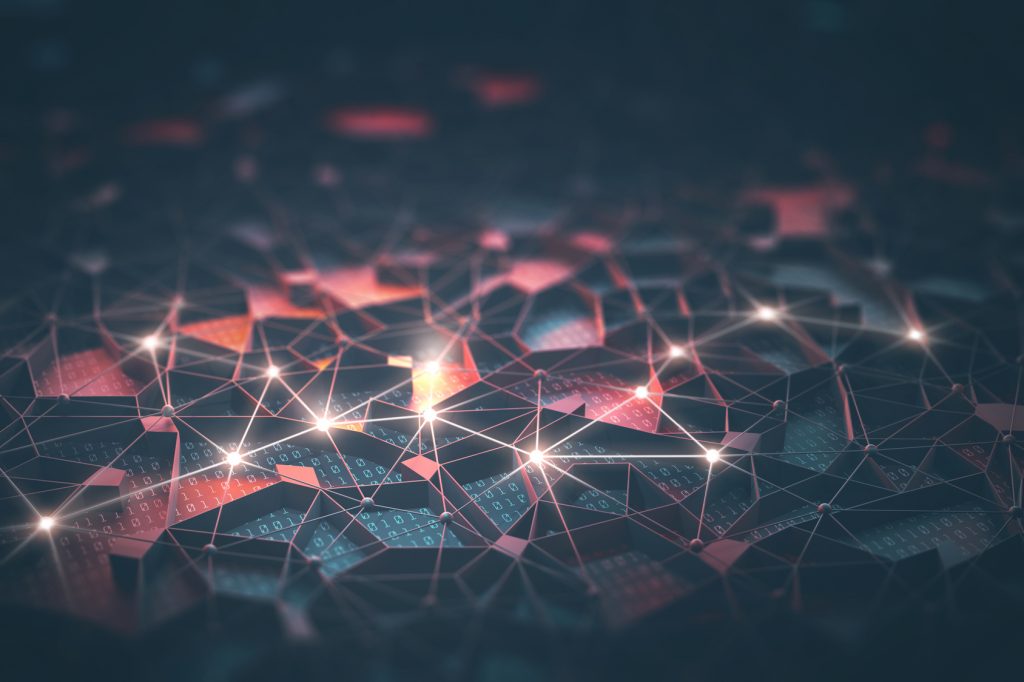artificial intelligence
TagFrom Diagnosis to Discharge: AI’s Full Impact on Patient Experience
AI technology reshapes the healthcare scene by enhancing patient experience at a remarkable pace. The global AI healthcare market will reach $95.65 billion by 2028. This expansion arrives at a significant time as healthcare faces a projected short…
How AI is Revolutionizing Treatment and Wellness
The Future of Healthcare
The health care industry is making some transformations, to turn over the industry in the hands of Artificial Intelligence (AI). The technology’s adoption in the health sector will focus on personalized care, with supervi…
AI’s Future in Healthcare Is Not Entirely Rosy
There is a lot of interest and excitement surrounding integrating AI into healthcare, but there are a lot of hurdles that still need to be addressed.
As AI Spreads Through Healthcare, Ethical Questions Arise
As AI Spreads Through Healthcare, Ethical Questions Arise
How Artificial Intelligence is Revolutionizing Healthcare
Here’s how AI algorithms and software are improving the quality and availability of healthcare services.




